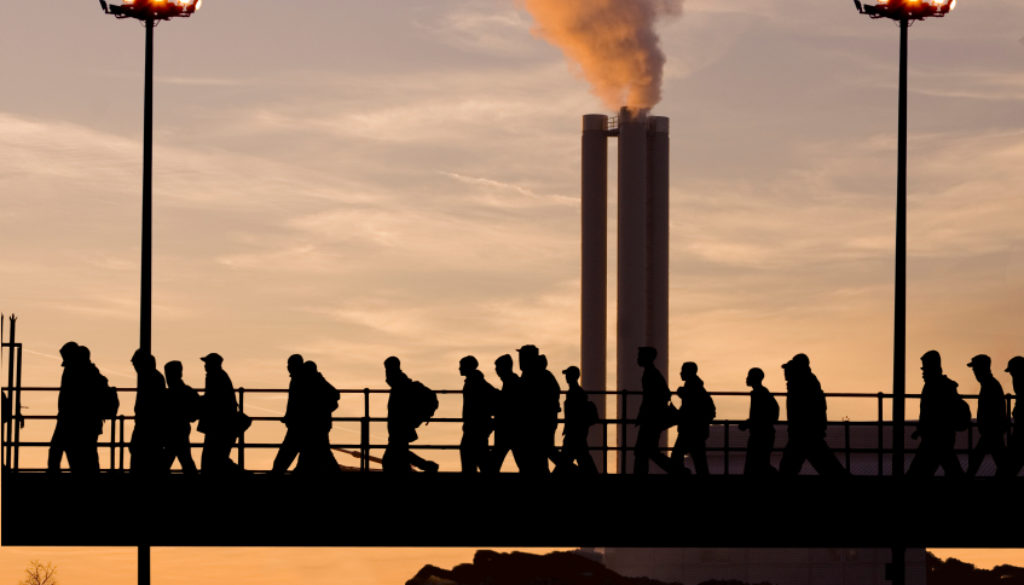Trump Judge Denies Black Lung Benefits to Former Coal Mine Worker Despite Benefits Review Board Decision: Confirmed Judges, Confirmed Fears
By Elliot Mincberg, People For the American Way
In West Virginia Coal Workers’ Pneumoconiosis (CWP) Fund v. Bell, decided in August, Trump 4th Circuit judge Julius Richardson wrote a 2-1 decision that reversed the Department of Labor Benefits Review Board (BRB) and reinstated an Administrative Law Judge (ALJ) decision that denied black lung benefits to a retired coal mine worker who developed a permanent respiratory disability. Judge Stephanie Thacker strongly dissented, noting that the ALJ decision “wholly ignores” evidence of lung impairment.
Donald Bell is a retired coal worker and bus driver in his 70s. He had worked in West Virginia coal mines for over 15 years and is now “totally disabled by respiratory impairments,” requiring the use of oxygen to breathe. When he initially applied for black lung benefits, he was opposed by the CWP Fund, which functions as an insurance carrier for large coal companies like the one that employed Bell. A Labor Department ALJ twice denied Bell’s claim, relying on experts hired by the CWP Fund who claimed that he did not have black lung disease and that his problems were caused by excessive smoking. Testimony from a different expert supported Bell’s contention that black lung disease was the cause.
The BRB found that the ALJ decisions were not supported by substantial evidence and sent the case to another ALJ, who found in favor of Bell’s claims. The BRB agreed, but the CWP Fund filed an appeal with the 4th Circuit.
In a 2-1 decision by Richardson, the 4th Circuit reversed and ordered the reinstatement of the ALJ decision denying black lung payments to Bell. Although there was some contradiction between the CWP experts and the regulatory definition of black lung disease, Richardson wrote that the first ALJ was entitled to decide which expert was more believable, and that there was “substantial evidence” for his decision against Bell. It was thus error for the BRB to reverse the ALJ, Richardson went on, and the ruling denying black lung payments to Bell should be reinstated.
Judge Stephanie Thacker vigorously dissented. As she explained, the fundamental basis for the conclusion that Bell did not suffer from black lung disease was that he had an “obstructive impairment,” and the relevant CWP Fund expert claimed that such an impairment cannot be caused by black lung disease. But as Judge Thacker pointed out, the regulatory definition of black lung disease states that it can be a restrictive or an obstructive impairment, and previous 4th Circuit decisions have “warned” ALJs not to rely on testimony that claims otherwise. Richardson’s opinion, Thacker went on, improperly “minimizes the conflict” between the CWP fund’s expert and the regulatory definition of black lung disease, and the ALJ failed to explain why he relied on that expert “despite the conflict.” In addition, Thacker noted, the ALJ had “wholly” ignored other evidence that Bell’s impairment was black lung disease.
Despite favorable decisions by the agency BRB and a different ALJ, and despite Thacker’s strong dissent, Richardson’s decision means that Donald Bell will no longer receive black lung payments. Richardson’ s approval of reliance on experts hired by coal company insurers that contradict the very definition of black lung disease, moreover, could threaten these medical payments to many other coal mine workers as well.

